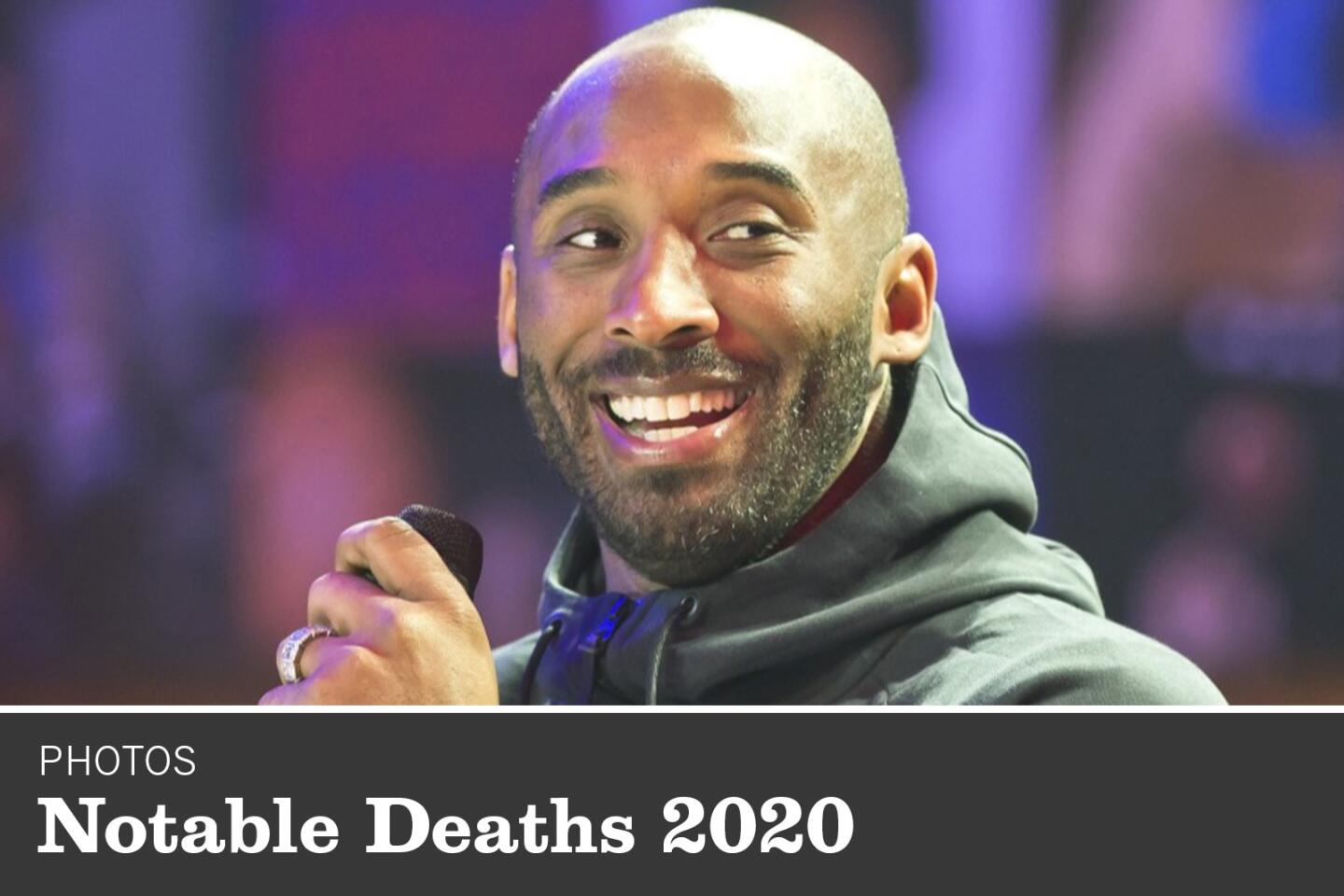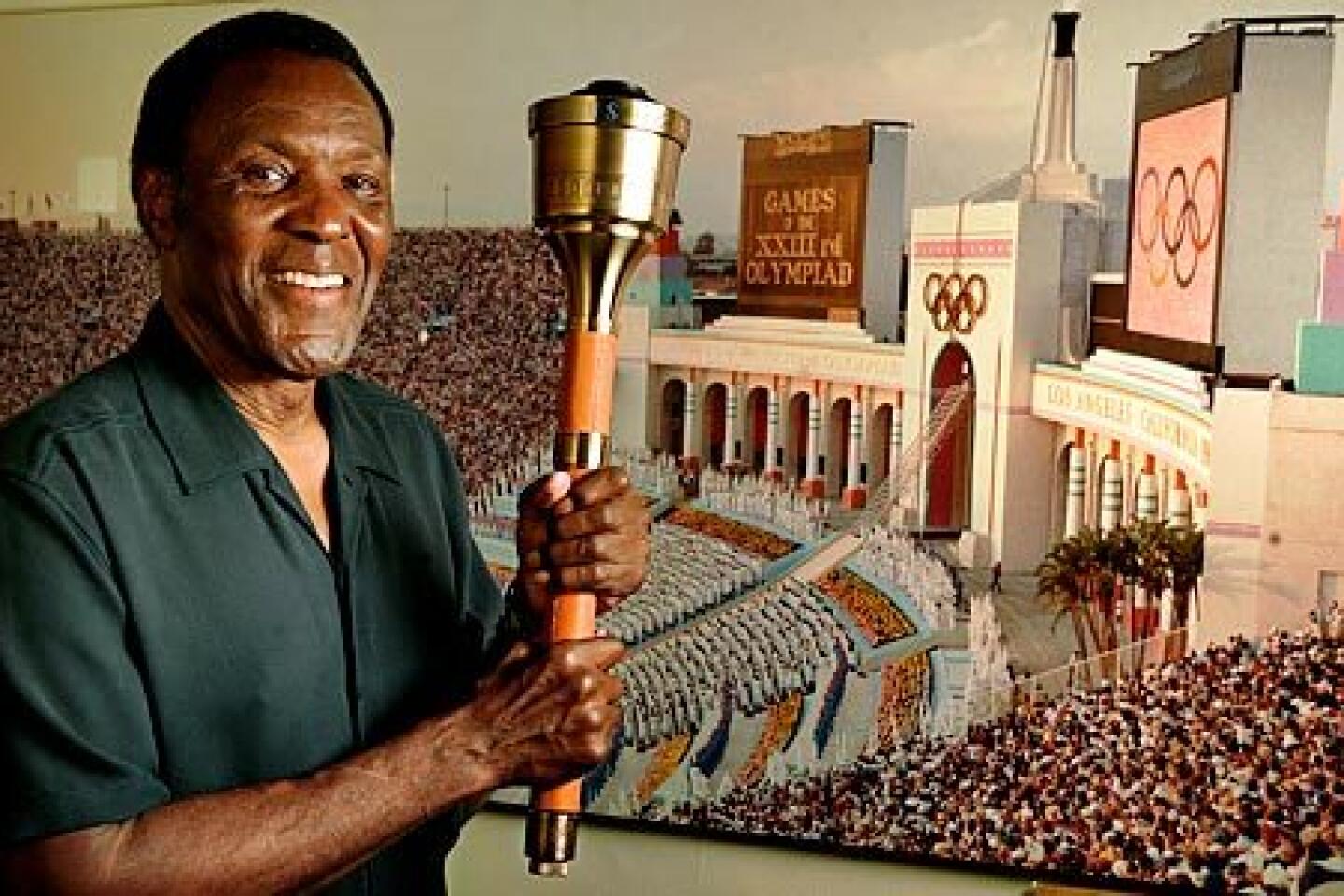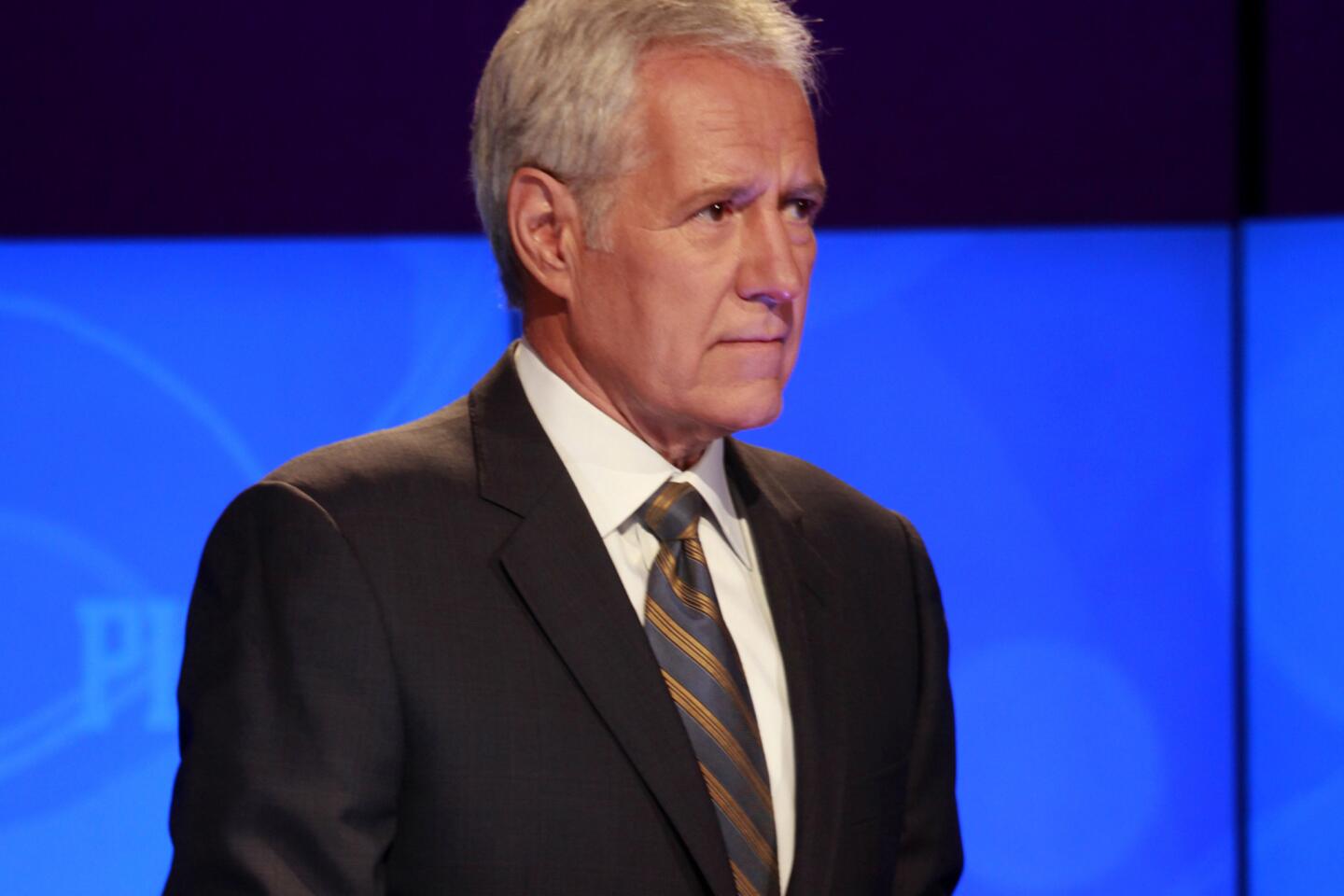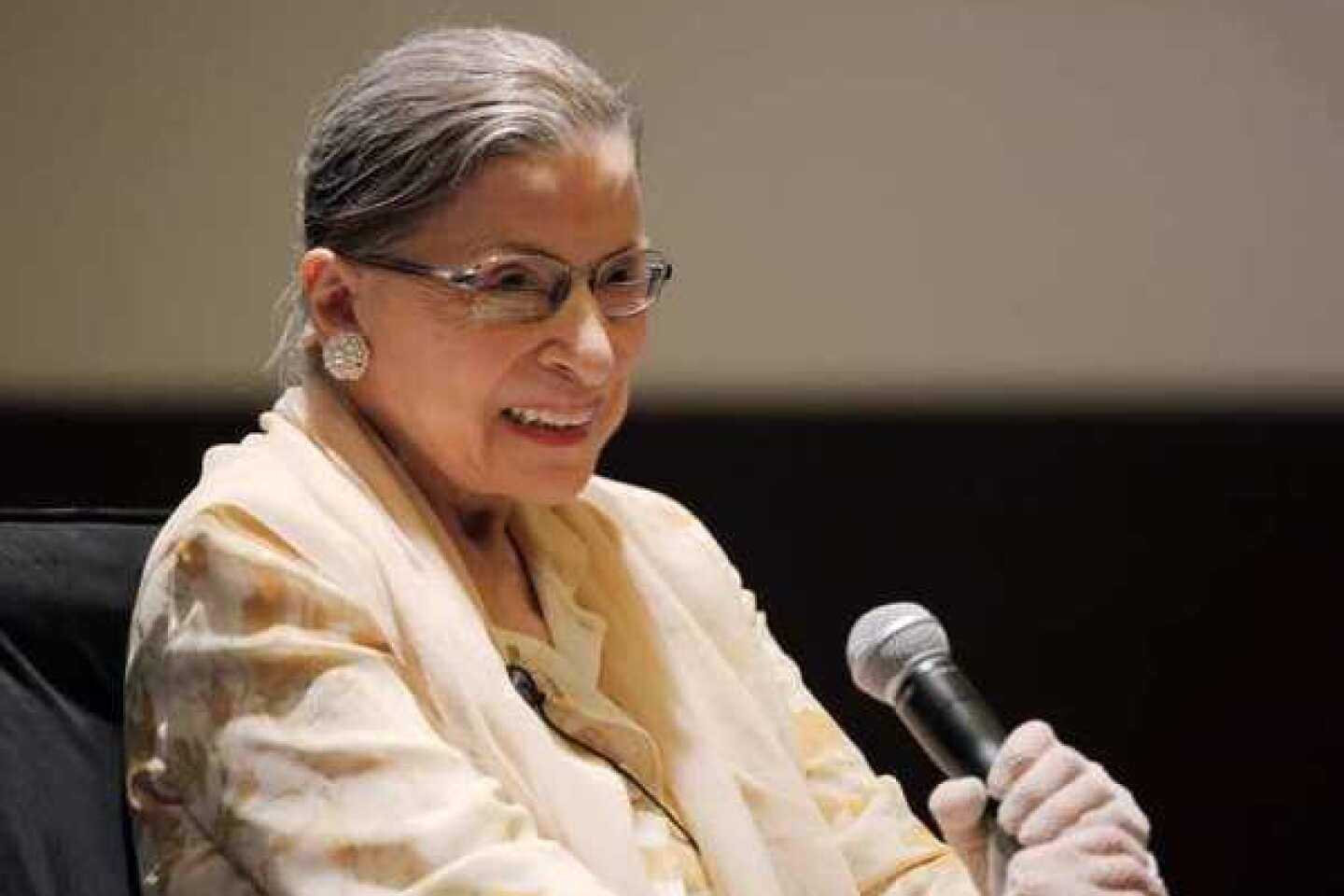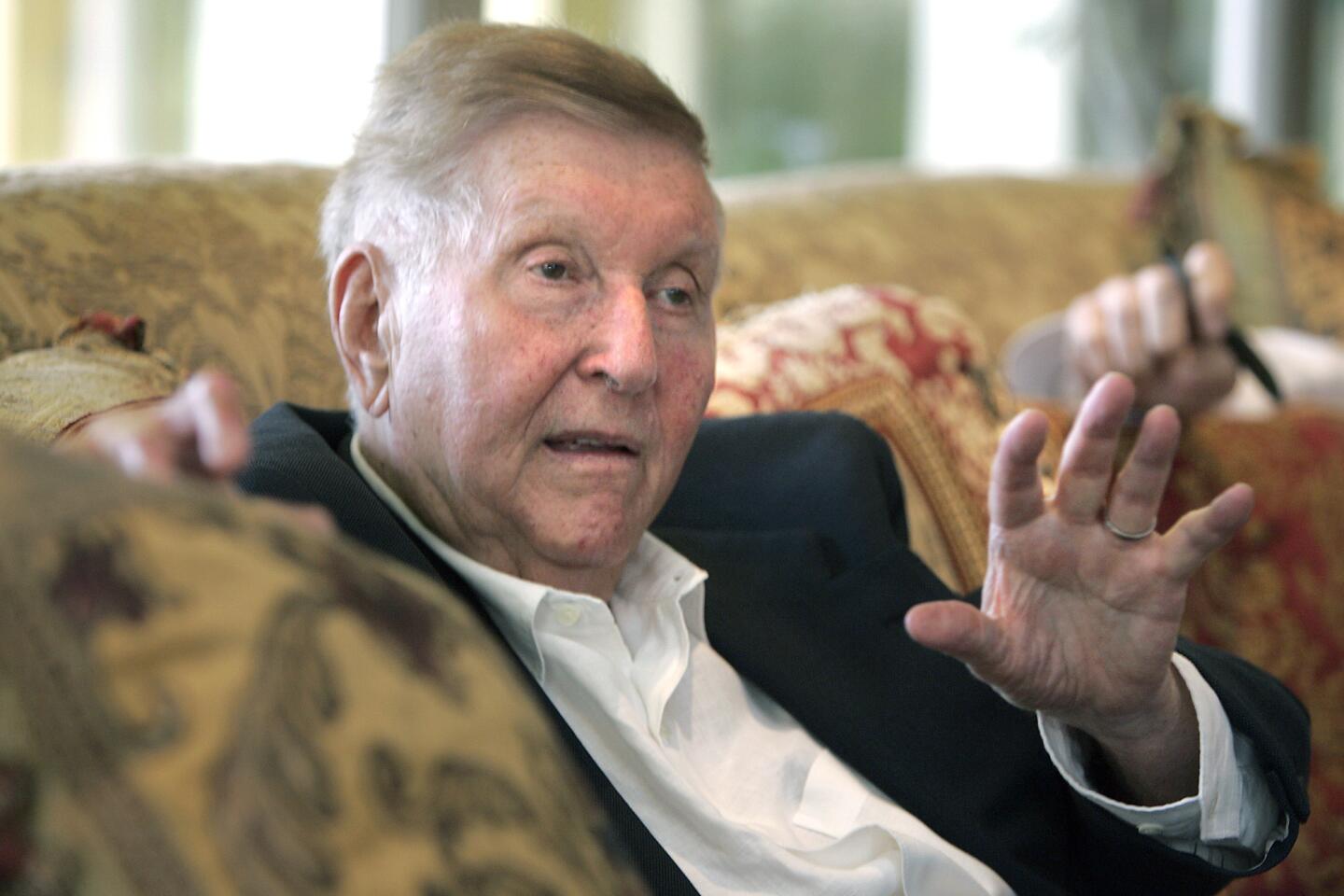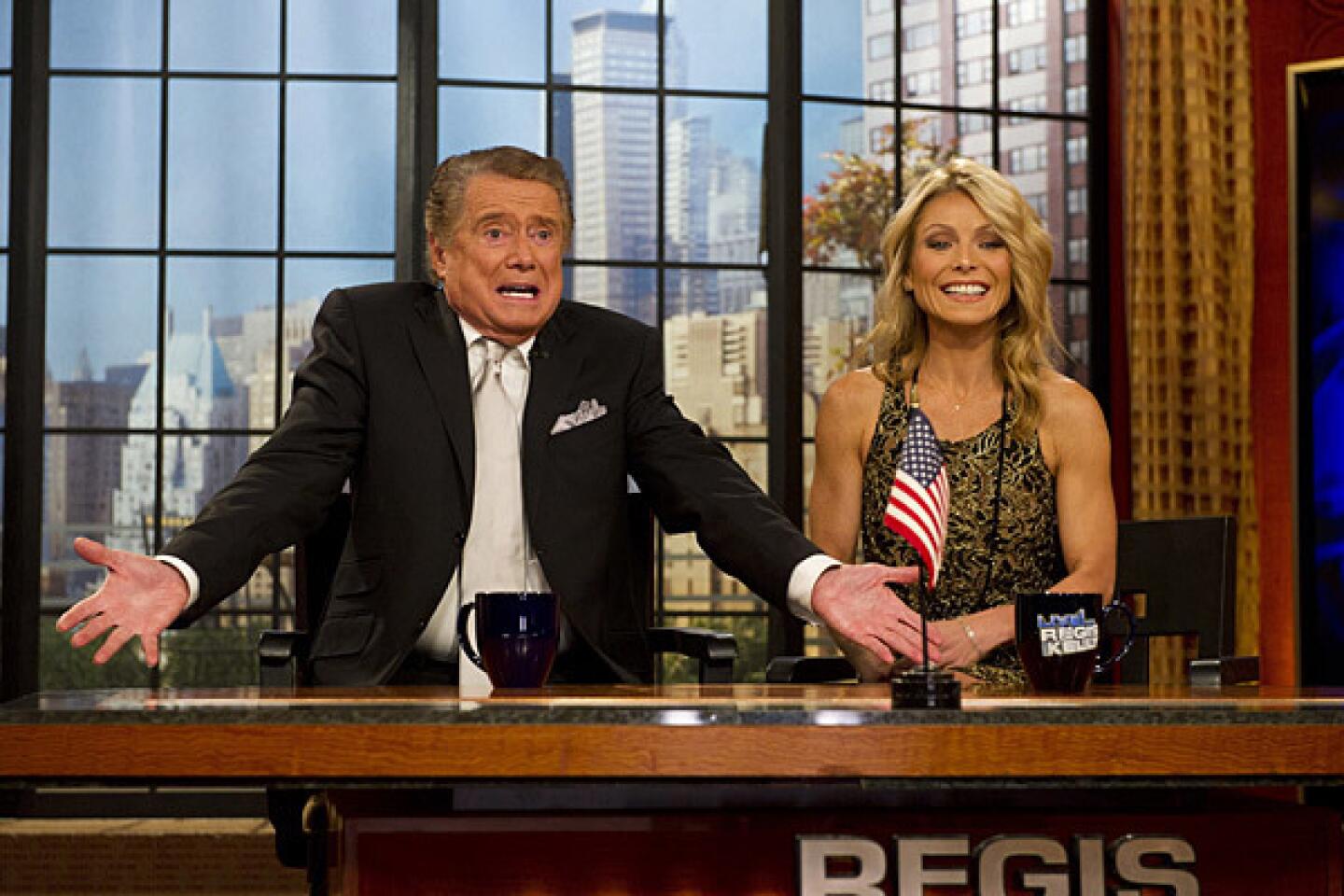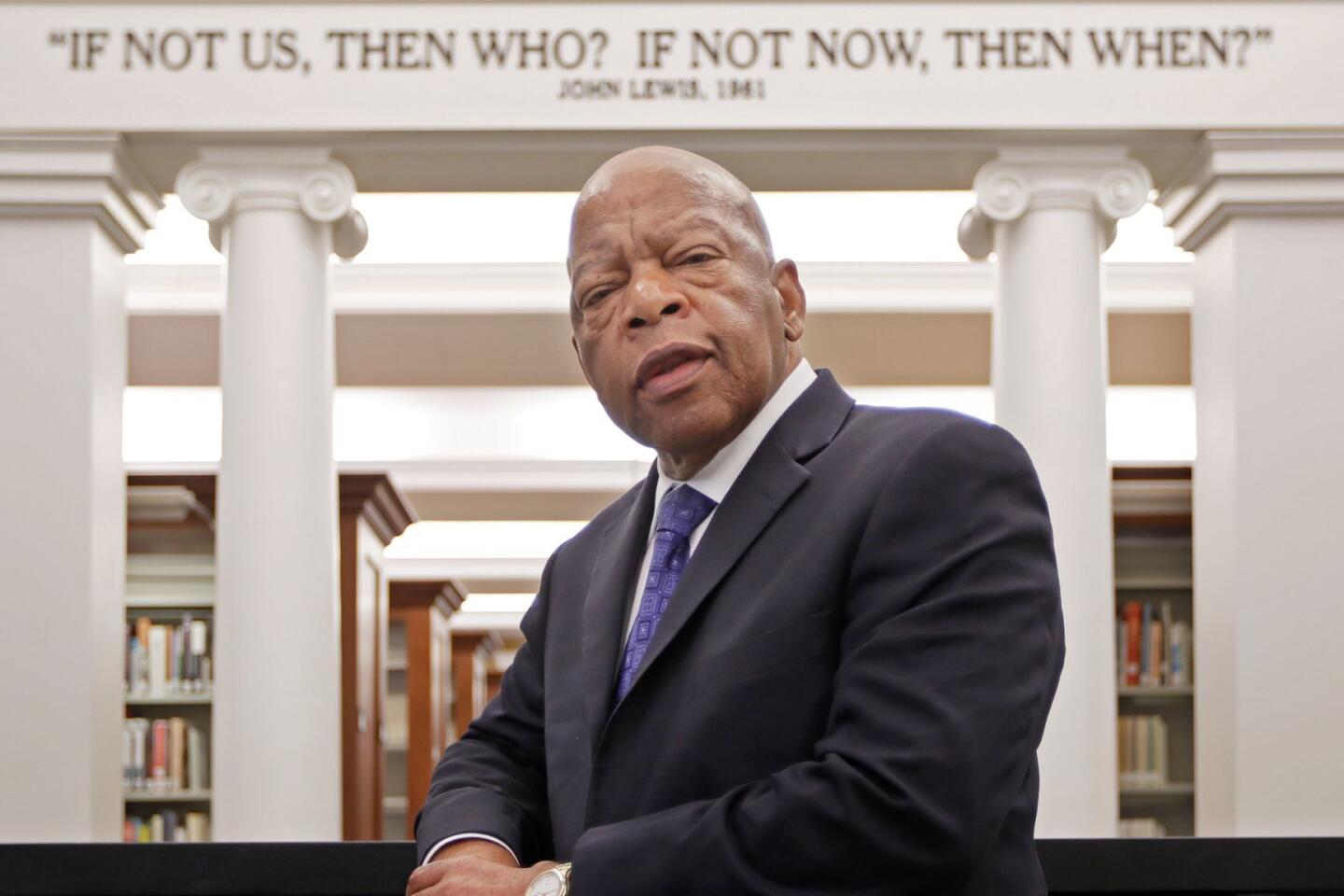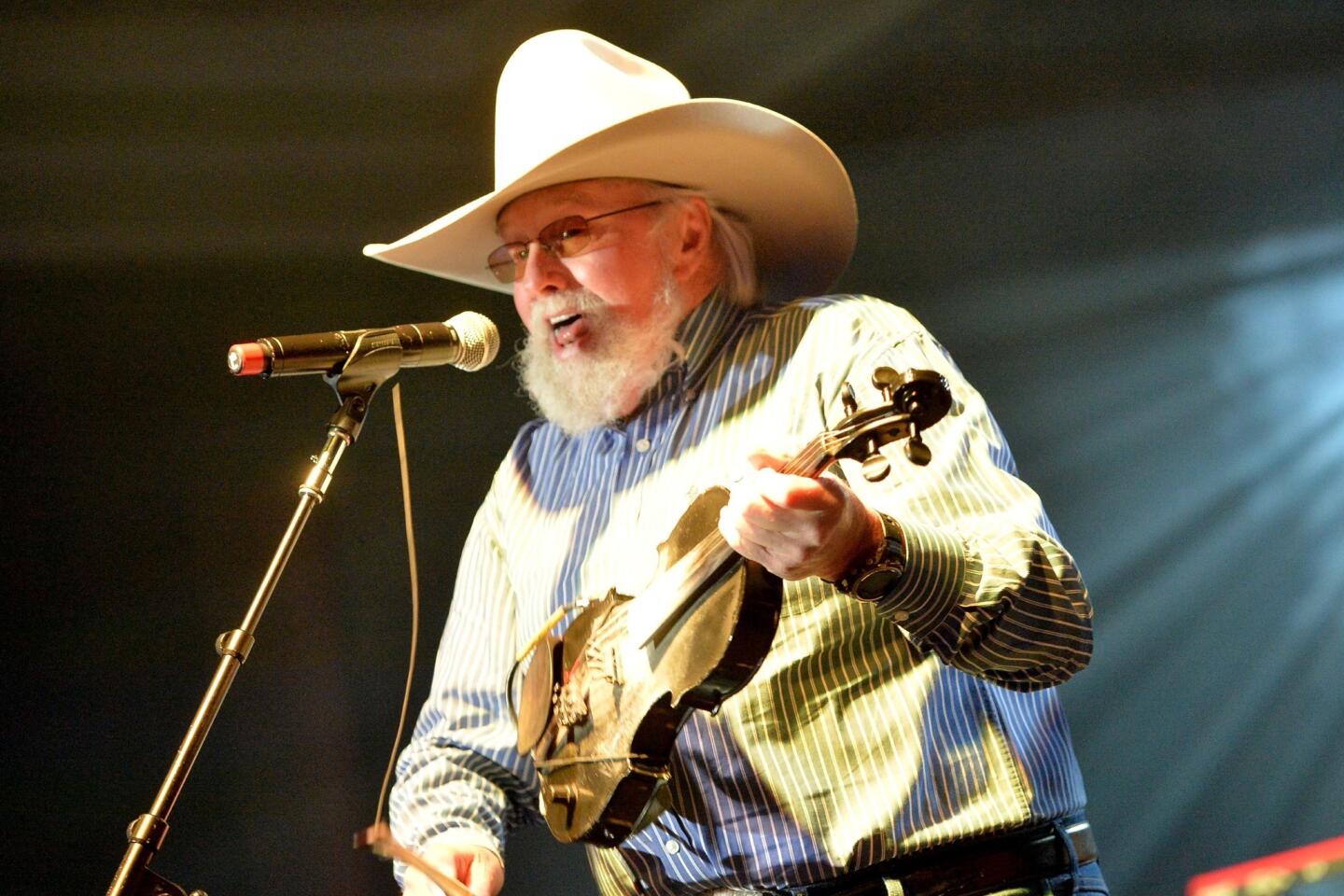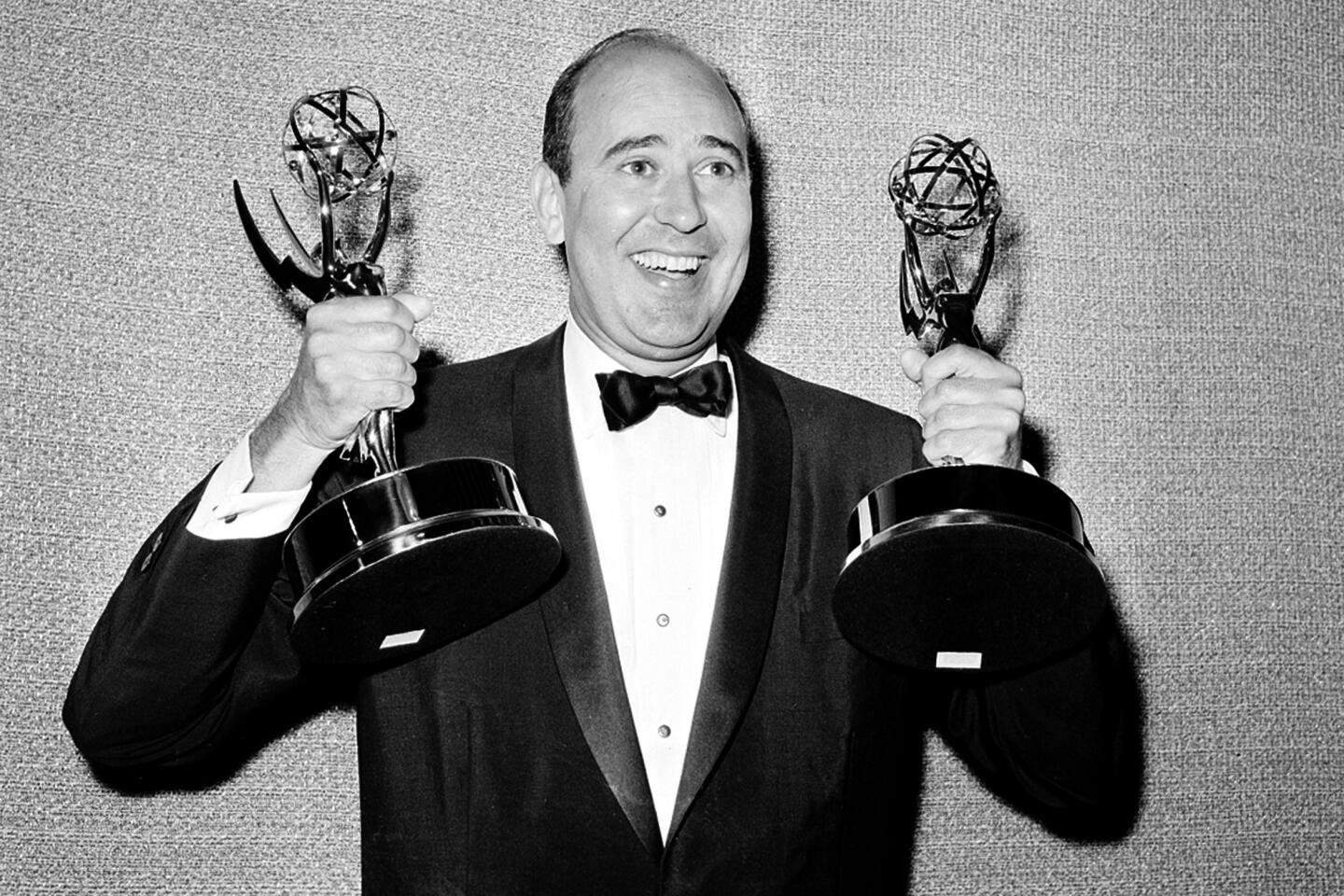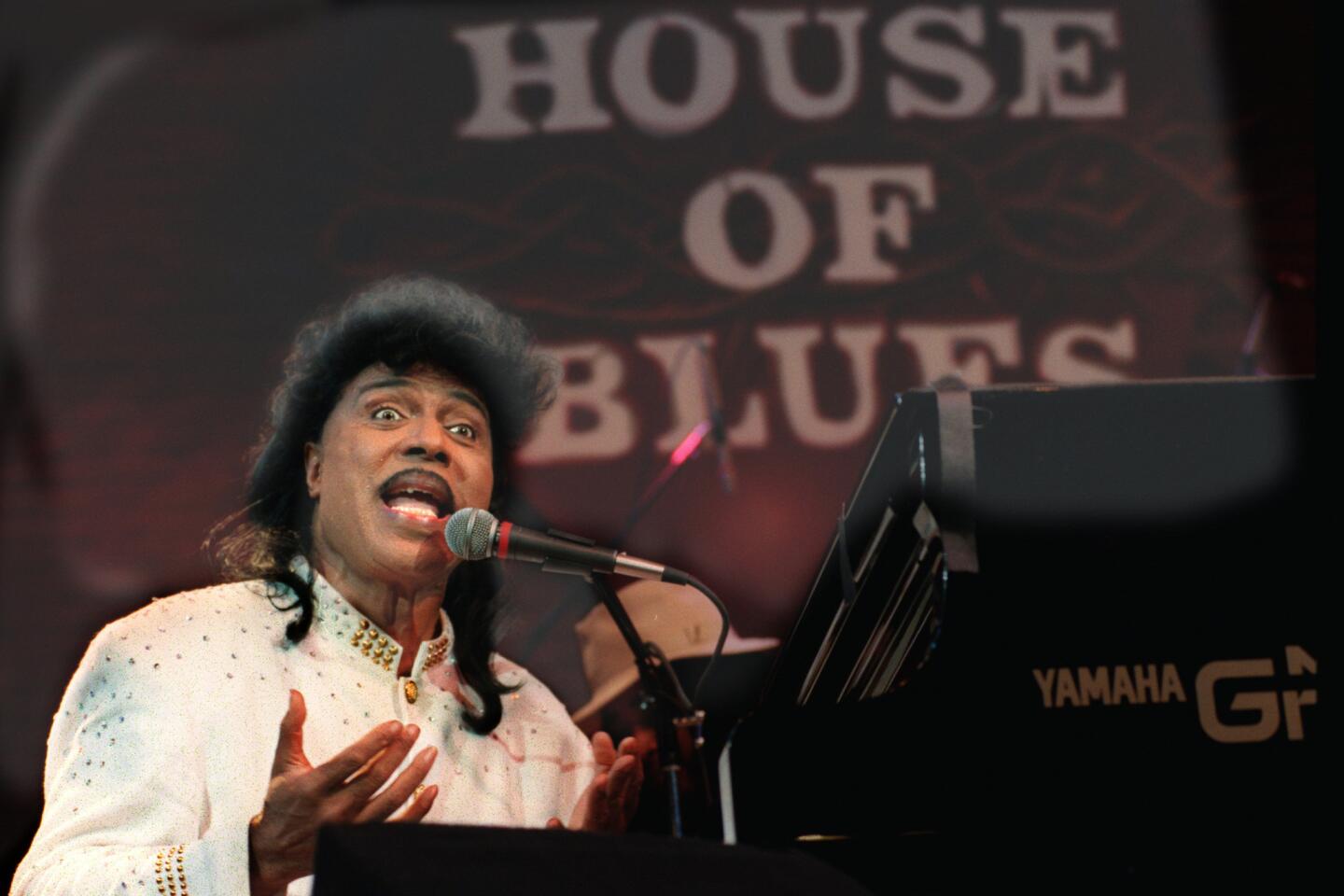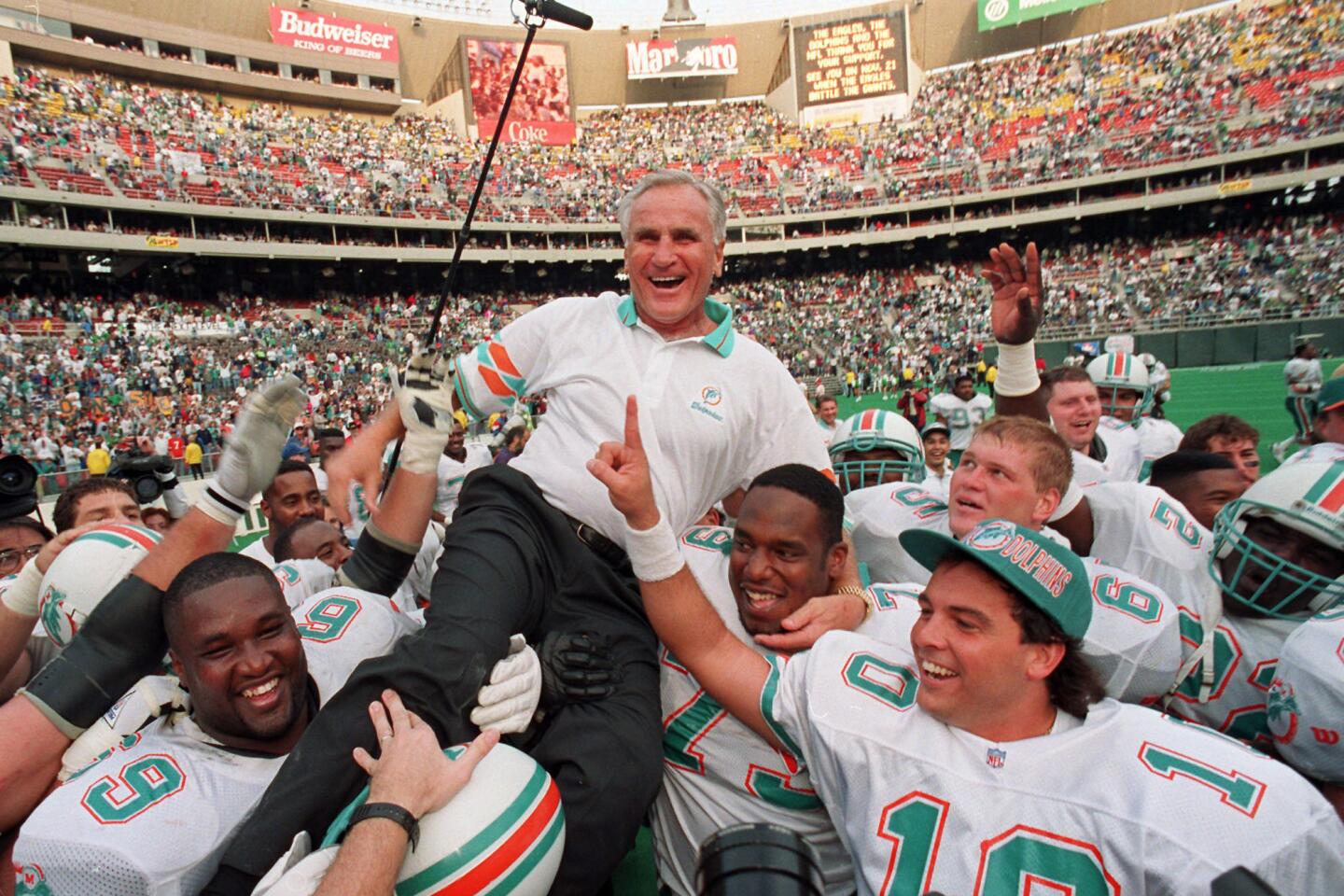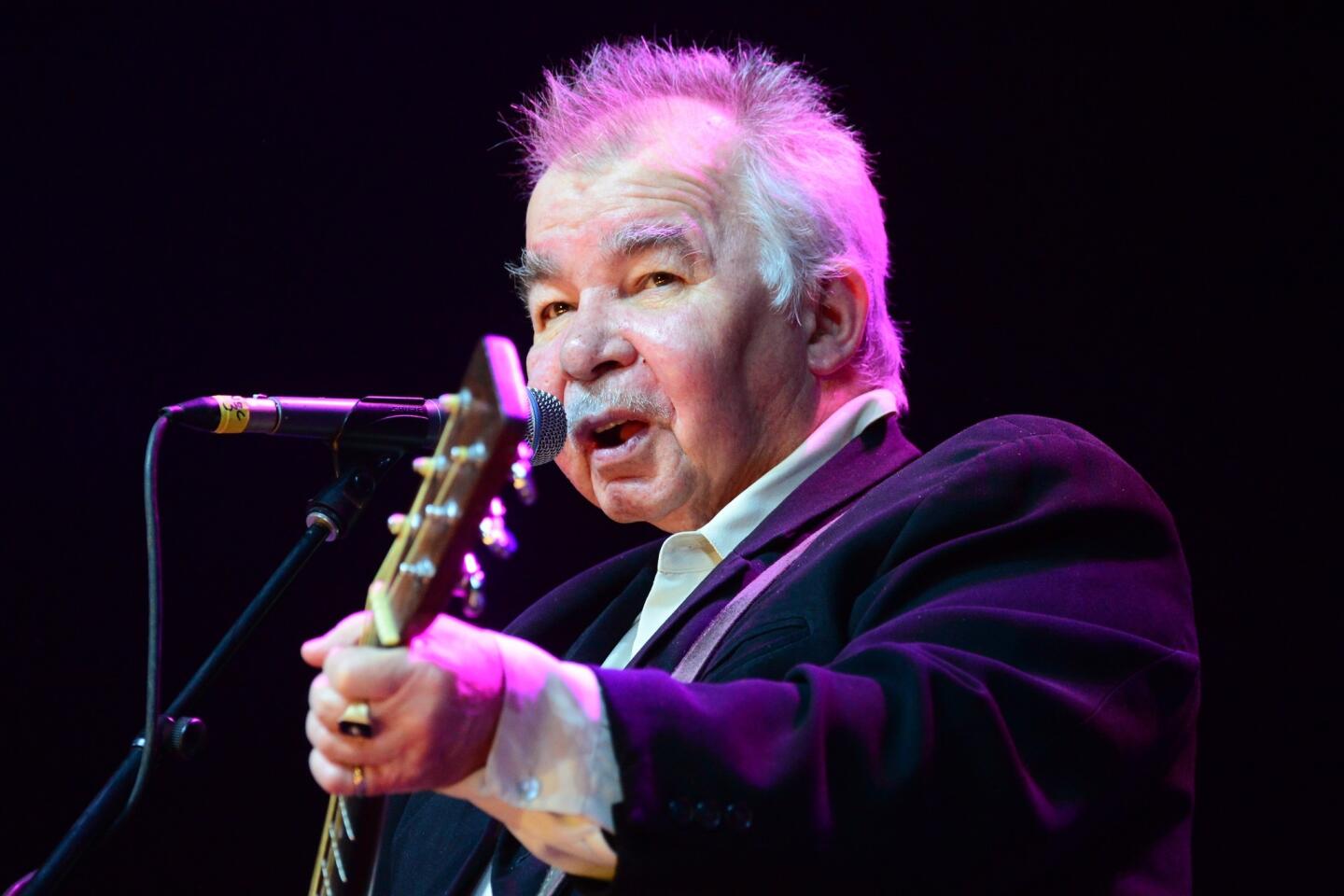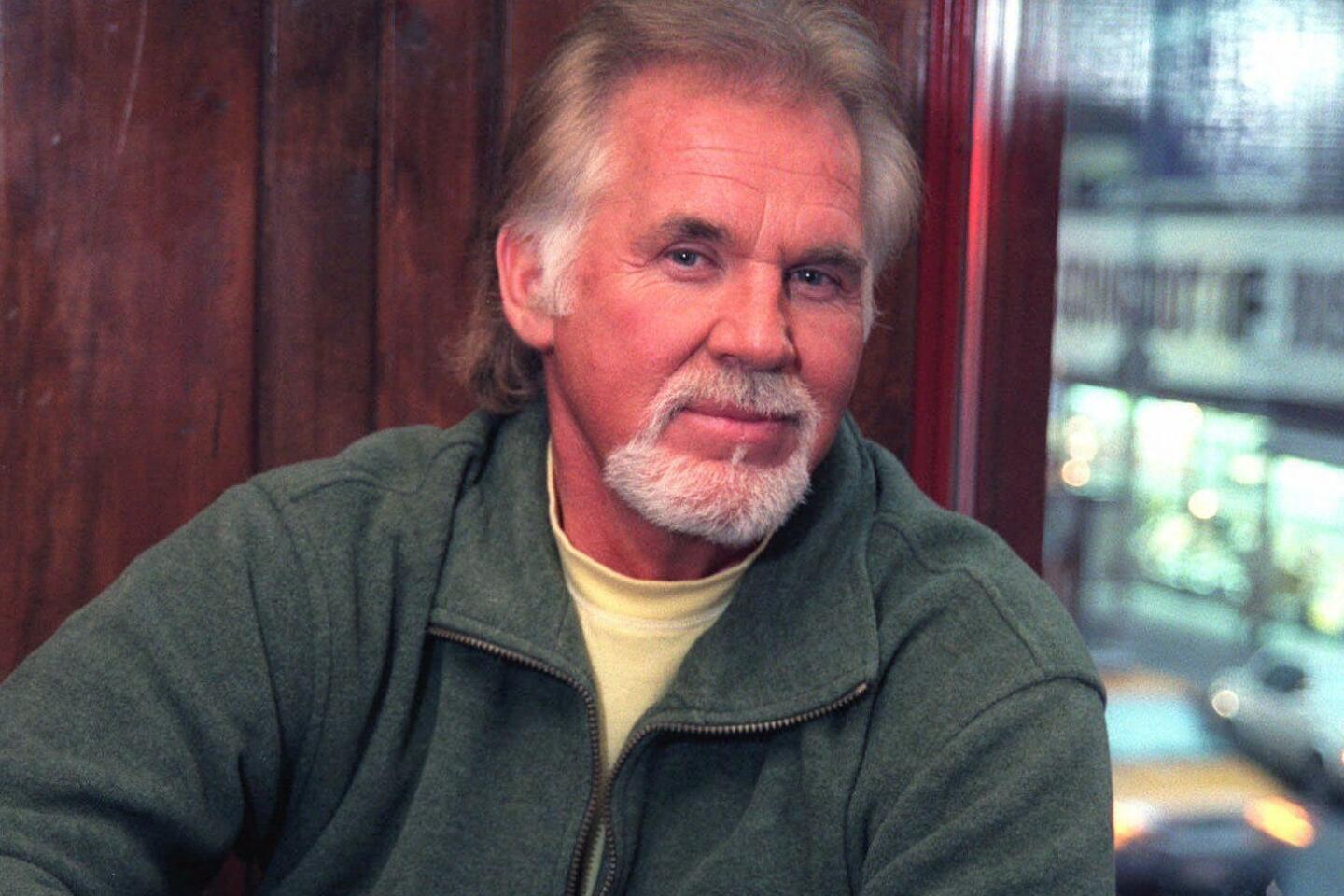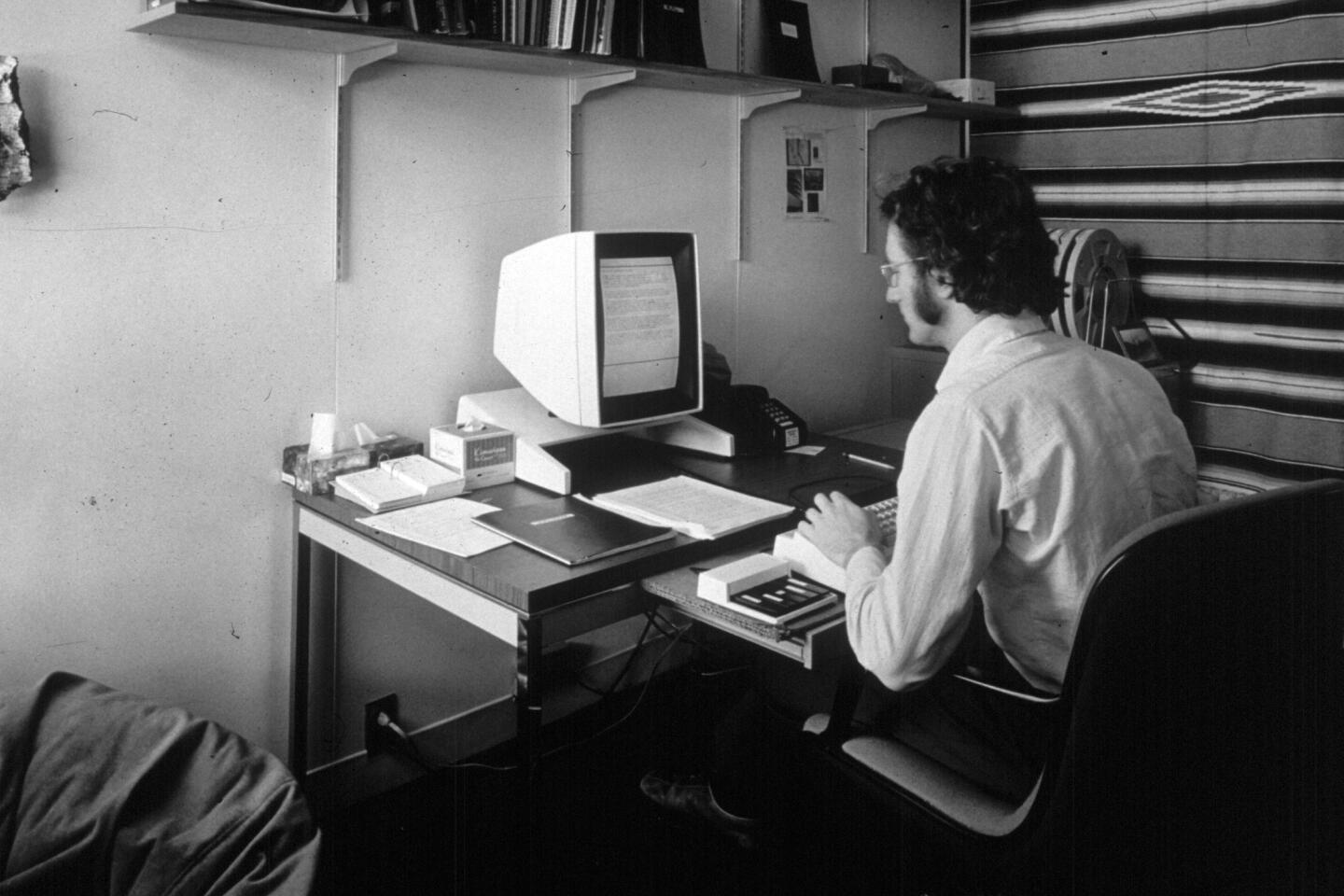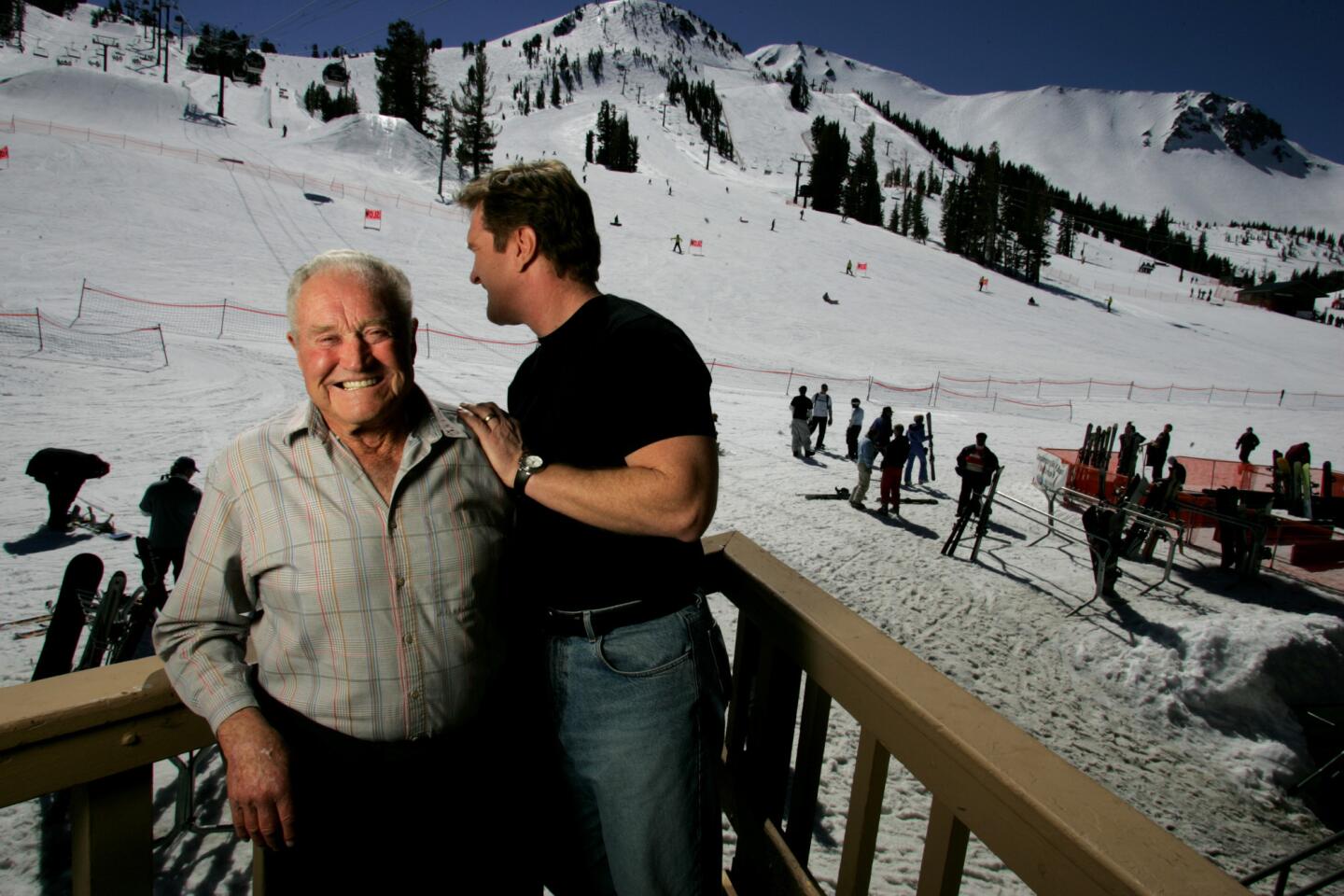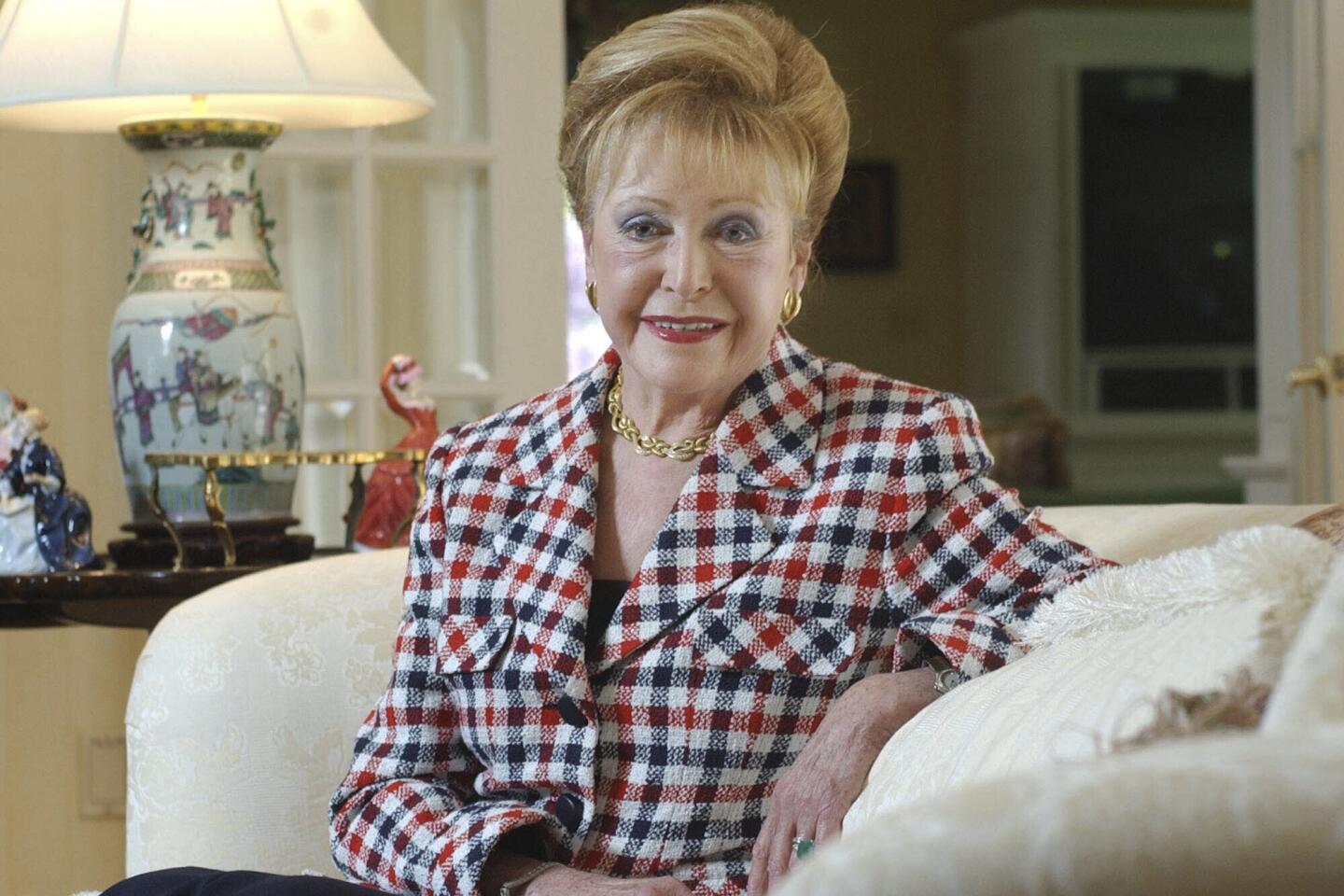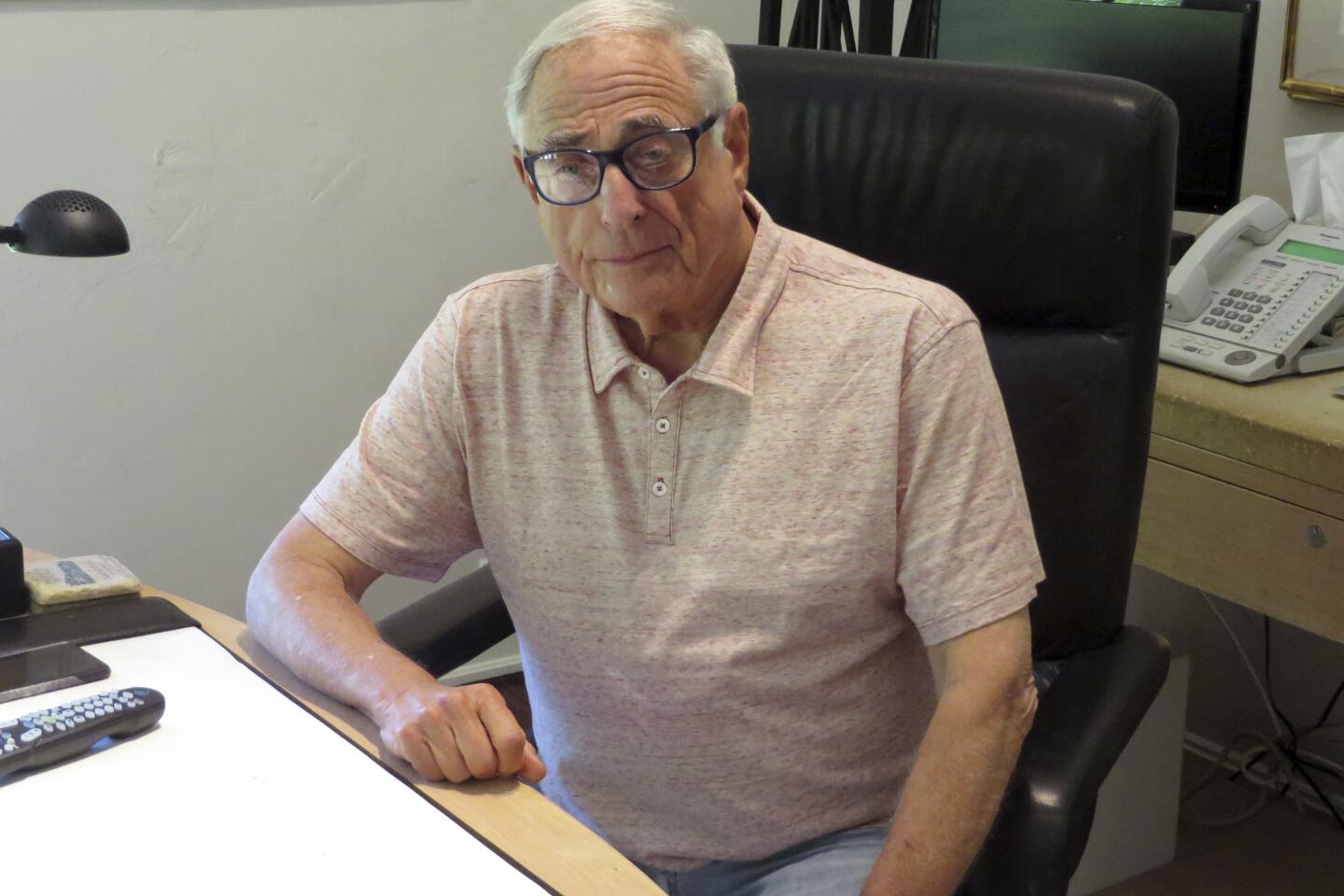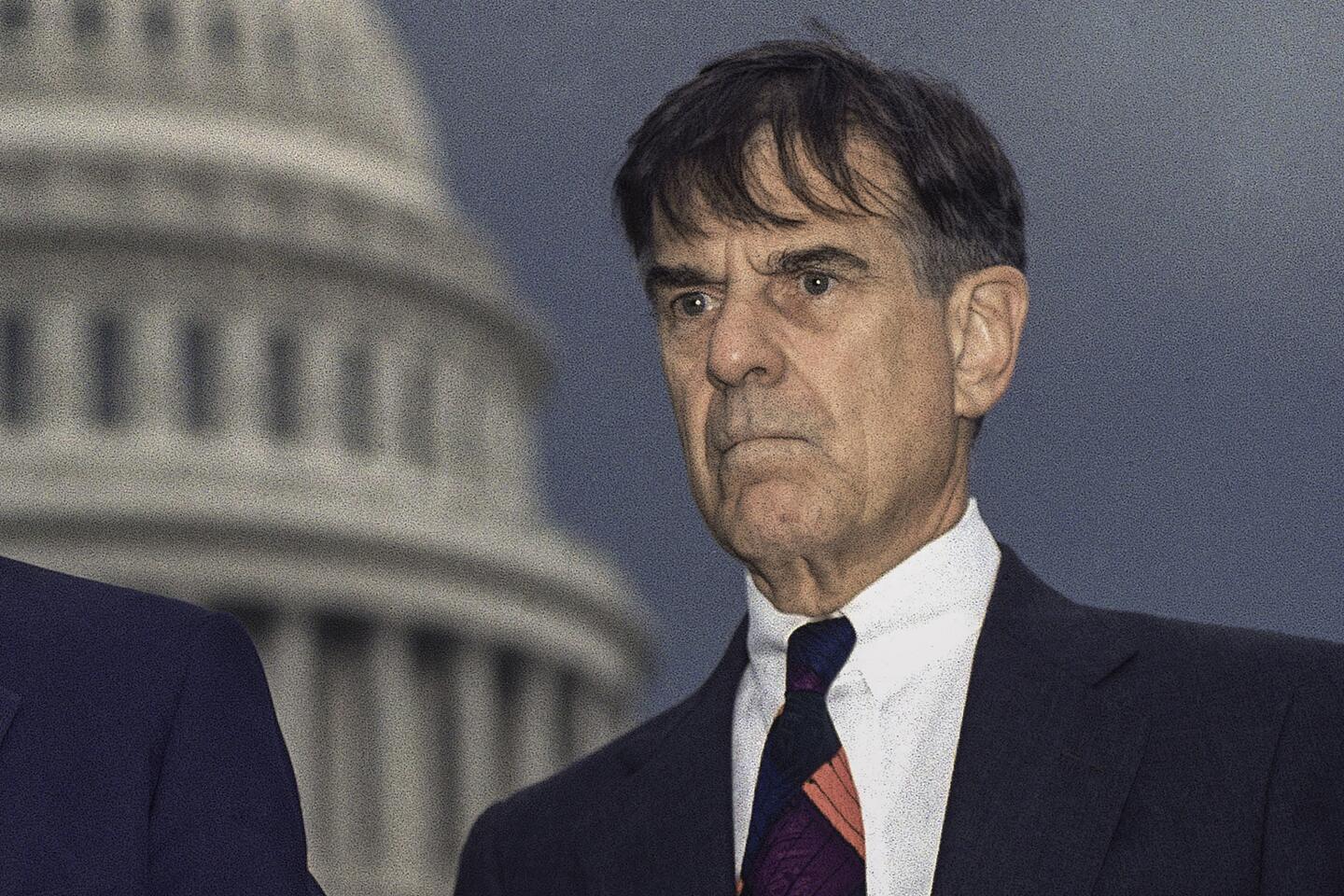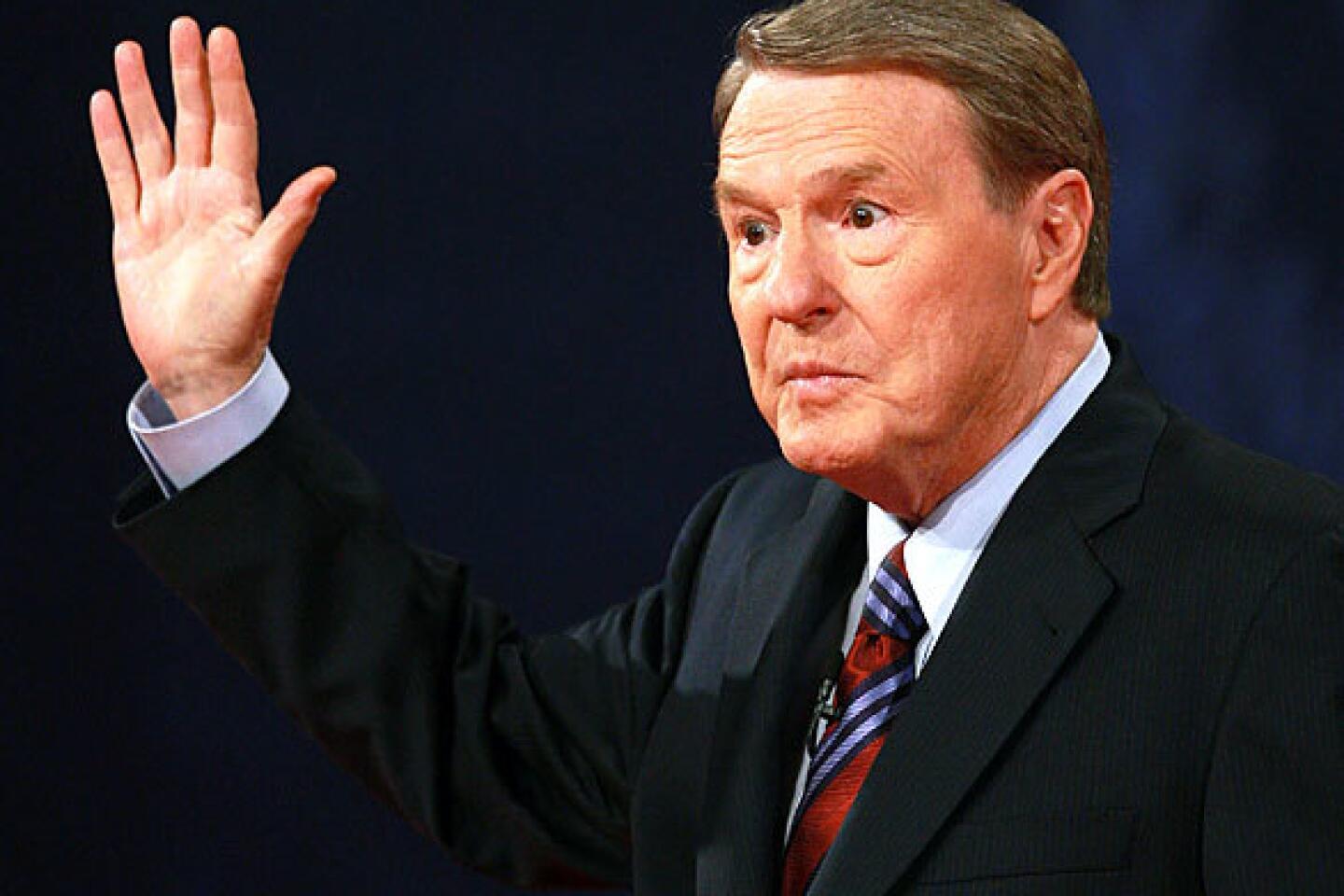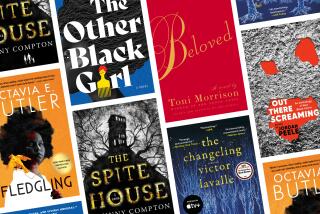Award-winning mystery writer Barbara Neely, who created what’s believed to be the first black female detective series in mainstream American publishing, has died following a brief illness, according to her publisher, Brash Books. She was 78.
Neely, who died March 2, is perhaps best known for her four-book Blanche White series, which had at its center a nomadic amateur detective and domestic worker who uses the invisibility inherent to her job as an advantage in pursuit of the truth.
“I realized the mystery genre was perfect to talk about serious subjects,” she told Ms. Magazine in 2000, “and it could carry the political fiction I wanted to write.”
Neely was named the 2020 Grand Master by the Mystery Writers of America. In announcing the honor last year, the association described Neely as “a groundbreaking author” who “tackles tough social issues with an unflinching eye and a wry sense of humor.”
The Blanche White series includes 1992’s “Blanche on the Lam,” 1994’s “Blanche Among the Talented Tenth,” 1998’s “Blanche Cleans Up” and 2000’s “Blanche Passes Go.” They push past mystery into political and social commentary, tackling subjects such as violence against women, racism, class boundaries and sexism.
“If Toni Morrison wrote murder mysteries, they would probably read a bit like Barbara Neely’s,” the women’s general-interest website Bustle said in 2015.
Her character White had an uncommon eye for detail and interpretation. Early in “Blanche Among the Talented Tenth,” White sees a magazine picture and thinks something is amiss.
“It wasn’t natural for a picture of black people in a public place to all be the same complexion, unless somebody wanted it that way.”
“Blanche on the Lam” won the Agatha Award, Anthony Award, and the Macavity Award for best first novel, as well as the Go on Girl! Award from the Black Women’s Reading Club. Her series has been translated into several languages, including French, Czech, German and Japanese.
She was included in 2012’s “100 American Crime Writers” by Steven Powell.
“She was an inspiration, a trailblazer and a remarkable talent and voice whose loss is deeply felt,” Mystery Writers of America said in a statement following her death. “Her talent and memory will live on forever in her wonderful books.”
Neely was born in 1941 in Lebanon, Pa. She attended the University of Pittsburgh, where she earned her master’s degree. She worked on behalf of women released from prison and as a radio producer. She also had positions at the Institute of Social Research and was executive director of Women for Economic Justice.
Neely published her first short story, “Passing the Word” in the magazine Essence in 1981. It took her more than a decade to become an established author. Her other works include “Among the Talented Tenth: A Novel.”
1/25
Kobe Bryant, Ruth Bader Ginsburg, Sean Connery and more. (Los Angeles Times)
2/25
Rafer Johnson, winner of the 1960 Olympic decathlon gold medal, was a man whose legacy was interwoven with Los Angeles history, beginning with his performances as a world-class athlete at UCLA and punctuated by the night in 1968 when he helped disarm Robert F. Kennedy’s assassin at the Ambassador Hotel. Johnson lit the Olympic flame at the opening of the 1984 Summer Games in Los Angeles. He was 86.
(Mel Melcon / Los Angeles Times) 3/25
With his quick wit and easy smile,
Alex Trebek drove the game show “Jeopardy!” up the ratings charts and became a welcome television host in America’s living rooms. As the quiz show rolled through the decades, Trebek remained a comfortable fit — in a 2014 Reader’s Digest poll, Trebek ranked as the eighth-most trusted person in the United States, right behind Bill Gates and 51 spots above Oprah Winfrey. He was 80.
(Los Angeles Times) 4/25
Guitarist Eddie Van Halen’s speed and innovations along the fretboard inspired a generation of imitators as the band bearing his name rose to MTV stardom and multiplatinum sales over 10 consecutive albums. The streak made Van Halen one of the most successful bands in rock history, including two albums that reached diamond status (10 million copies sold): 1978’s debut “Van Halen” and 1984’s “1984.” He was 65.
(Wibbitz/Getty) 5/25
Justice Ruth Bader Ginsburg championed women’s rights — first as a trailblazing civil rights attorney who methodically chipped away at discriminatory practices, then as the second woman to serve on the Supreme Court, and finally as an unlikely pop culture icon. A feminist hero dubbed Notorious RBG, Ginsburg became the leading voice of the court’s liberal wing, best known for her stinging dissents on a bench that mostly skewed right since her 1993 appointment. She was 87.
(Kiichiro Sato / Associated Press) 6/25
Chadwick Boseman’s breakout role was playing Dodger Jackie Robinson in the 2013 sports biopic “42.” The next year, he made an electrifying lead turn as James Brown, the Godfather of Soul, in “Get on Up.” Then came the role that would change his career: As
Black Panther, the Marvel Cinematic Universe’s first Black superhero, Boseman became the face of Wakanda to millions of fans around the world and helped usher in a new and inclusive era of superhero blockbusters. He was 43.
(Jay L. Clendenin / Los Angeles Times) 7/25
Sumner Redstone outmaneuvered rivals to assemble one of America’s leading entertainment companies, now called ViacomCBS, which boasts CBS, Comedy Central, MTV, Nickelodeon, BET, Showtime, the Simon & Schuster book publisher and Paramount Pictures movie studio. Unlike contemporaries Rupert Murdoch and Ted Turner, Redstone was not a visionary, but rather a hard-charging lawyer and deal maker who pursued power and wealth through the accumulation of content companies. He was 97.
(Brian Vander Brug / Los Angeles Times) 8/25
Regis Philbin reigned for decades as the comfortable and sometimes cantankerous morning host of “Live,” first with Kathie Lee Gifford and later Kelly Ripa, above. He earned Emmy nominations by the armful, hosted New Year’s Eve specials, rode in parades, set a record for the most face-time hours on television and helped reinvigorate prime-time game shows with “Who Wants to Be a Millionaire.” He was 88.
(Charles Sykes / Associated Press) 9/25
Rep. John Lewis famously shed his blood at the foot of a Selma, Ala., bridge in a 1965 demonstration for Black voting rights, and went on to become a 17-term Democratic member of Congress. An inspirational figure for decades, Lewis was one of the last survivors among members of the Rev. Martin Luther King Jr.’s inner circle. He was 80.
(Mark Humphrey / Associated Press) 10/25
Country music firebrand and fiddler Charlie Daniels started out as a session musician, which included playing on Bob Dylan’s 1969 album “Nashville Skyline,” and beginning in the early 1970s toured endlessly with his own band, sometimes doing 250 shows a year. In 1979, Daniels had a crossover smash with “The Devil Went Down to Georgia,” which topped the country chart, hit No. 3 on the pop chart and was voted single of the year by the Country Music Assn. He was 83.
(Rick Diamond / Getty Images for IEBA) 11/25
Carl Reiner first came to national attention in the 1950s on Sid Caesar’s “Your Show of Shows,” where he wrote alongside Mel Brooks, Neil Simon and other comedy legends. He later created “The Dick Van Dyke Show,” one of TV’s most fondly remembered sitcoms, and directed hit films including “The Comic” (1969), starring Van Dyke; “Where’s Poppa?” (1970), starring George Segal and Ruth Gordon; “Oh, God!” starring George Burns and John Denver; and four films starring Steve Martin. He was 98.
(Associated Press ) 12/25
The flamboyant, piano-pounding Little Richard roared into the rock ‘n’ roll spotlight in the 1950s with hits such as “Tutti-Frutti,” “Long Tall Sally” and “Good Golly, Miss Molly.” The Georgia native’s raucous sound fused gospel
fervor and R&B sexuality, profoundly influencing the Beatles, James Brown (who succeeded him in one of his early bands), Jimi Hendrix (one of his backup musicians in the mid-’60s) and Bruce Springsteen. He was 87.
(Boris Yaro / Los Angeles Times) 13/25
Don Shula was the NFL’s winningest coach, leading the 1972 Miami Dolphins to the league’s only undefeated season. He coached the Baltimore Colts to one Super Bowl and the Dolphins to five, winning Lombardi Trophies after the 1972 and ’73 seasons. He was 90.
(ASSOCIATED PRESS) 14/25
Former Egyptian
President Hosni Mubarak crushed dissent for decades until the 2011 Arab Spring movement drove him from power. During his presidency, which spanned nearly 30 years, he protected Egypt’s stability as intifadas roiled Israel and the Palestinian territories, the U.S. led two wars against Iraq, Iran fomented militant Shiite Islam across the region and global terrorism complicated the divide between East and West. He was 91.
(Sameh Sherif / AFP/Getty Images) 15/25
Among his 40-odd films,
burly Brian Dennehy played a sheriff who jailed Rambo in “First Blood,” a serial killer in “To Catch a Killer” and a corrupt sheriff in “Silverado.” On Broadway, he was awarded Tonys for his roles in “Death of a Salesman” (1999) and “Long Day’s Journey Into Night” (2003). He was 81.
(Dia Dipasupil) 16/25
Singer-songwriter John Prine broke onto the folk scene in 1971 with a self-titled album that included two songs brought to broader audiences by Bette Midler and Bonnie Raitt: “Hello in There” and “Angel From Montgomery,” respectively. In 2019, he was elected to the Songwriters Hall of Fame. He was 73.
(Frazer Harrison / Getty Images for Stagecoach) 17/25
Country singer Kenny Rogers racked up an impressive string of hits — initially as a member of The First Edition starting in the late 1960s and later as a solo artist and duet partner with Dolly Parton — and earned three Grammy Awards, 19 nominations and a slew of accolades from country-music awards shows. Country purists balked at his syrupy ballads, but his fans packed arenas that only the titans of rock could fill. He was 81.
(Suzanne Mapes / Associated Press) 18/25
Xerox researcher Larry Tesler pioneered concepts that made computers more user-friendly, including moving text through cut, copy and paste. In 1980, he joined Apple, where he worked on the Lisa computer, the Newton personal digital assistant and the Macintosh. He was 74.
(AP) 19/25
Ski industry pioneer Dave McCoy transformed a remote Sierra peak into the storied Mammoth Mountain Ski Area. Over six decades, it grew from a downhill depot for friends to a profitable operation of 3,000 workers and 4,000 acres of ski trails and lifts, a mecca for generations of skiers and boarders. He was 104. (Genaro Molina / Los Angeles Times)
20/25
Screen icon
Kirk Douglas brought a clenched-jawed intensity to an array of heroes and heels, receiving Oscar nominations for his performances as an opportunistic movie mogul in the 1952 drama “The Bad and the Beautiful” and as Vincent van Gogh in the 1956 drama “Lust for Life.” As executive producer of “Spartacus,” Douglas helped end the Hollywood blacklist by giving writer Dalton Trumbo screen credit under his own name. He was 103.
(Annie Wells / Los Angeles Times) 21/25
“Queen of Suspense”
Mary Higgins Clark became a perennial best-seller, writing or co-writing “A Stranger Is Watching,” “Daddy’s Little Girl” and more than 50 other favorites. Her sales topped 100 million copies, and many of her books, including “A Stranger is Watching” and “Lucky Day,” were adapted for movies and television. She was 92.
(Associated Press) 22/25
Fred Silverman was the head of programming at CBS, where he championed a string of hits including “The Mary Tyler Moore Show,” “All in the Family,” “MASH” and “The Jeffersons.” Later at ABC, he programmed “Laverne & Shirley,” “The Love Boat,” “Happy Days” and the 12-hour epic saga “Roots.” He was 82.
(Associated Press) 23/25
Former California
Rep. Fortney “Pete” Stark Jr. represented the East Bay in Congress for 40 years. The influential Democrat helped craft the Affordable Care Act, the signature healthcare achievement of the Obama administration, and also created the 1986 law best known as COBRA, which allows workers to stay on their employer’s health insurance plan after they leave a job. He was 88.
(Associated Press) 24/25
News anchor
Jim Lehrer appeared 12 times as a presidential debate moderator and helped build “PBS NewsHour” into an authoritative voice of public broadcasting. The program, first called “The Robert MacNeil Report” and then “The MacNeil-Lehrer Report,” became the nation’s first one-hour TV news broadcast in 1983. Lehrer was 85.
(David McNew / Getty Images) 25/25
Terry Jones was a founding member of the Monty Python troupe who wrote and performed for their early ’70s TV series and films including “Monty Python and the Holy Grail” in 1975 and “Monty Python’s Life of Brian” in 1979. After the Pythons largely disbanded in the 1980s, Jones wrote books on medieval and ancient history, presented documentaries, wrote poetry and directed films. He was 77.
(Associated Press) 